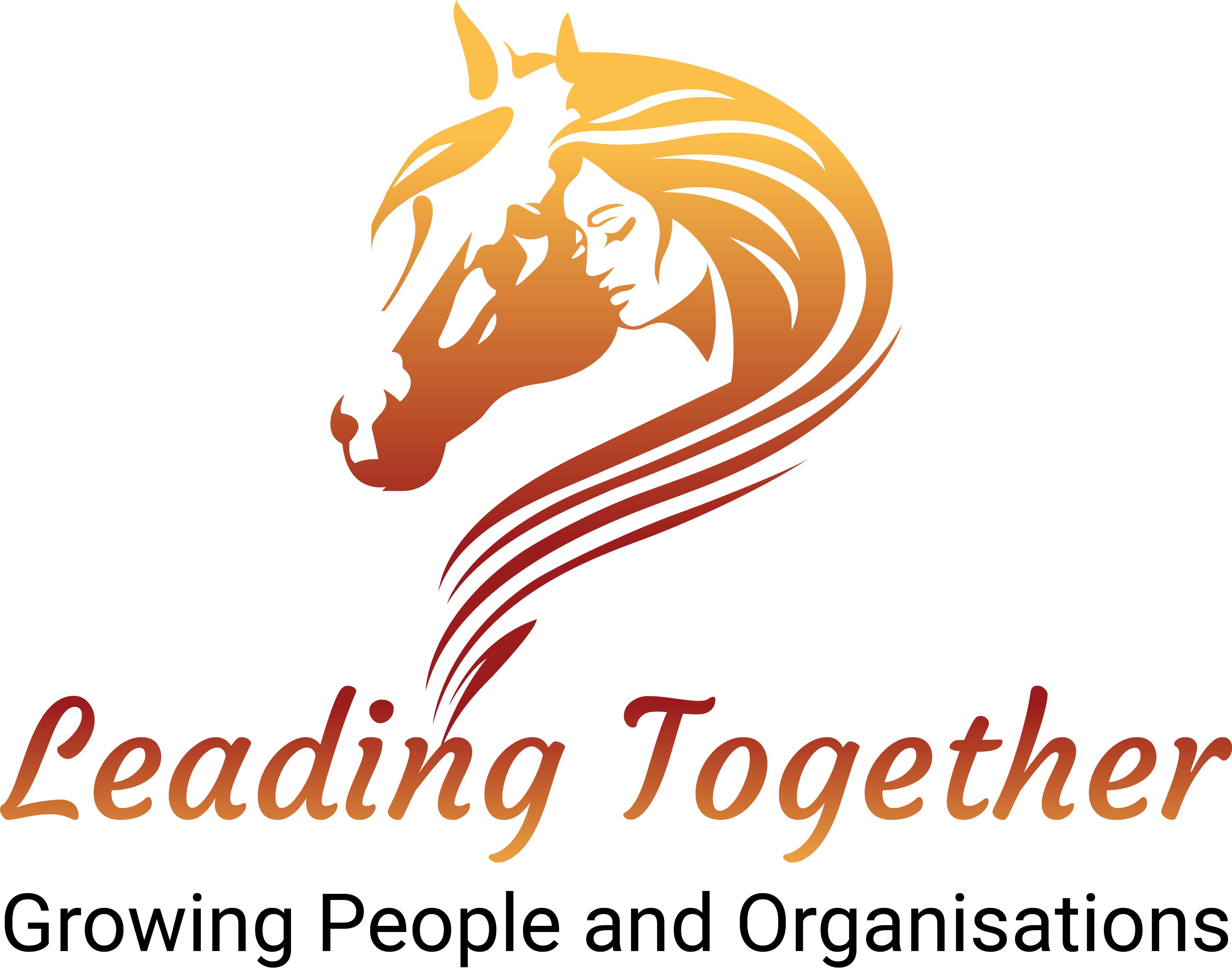Emotional Intelligence in the workplace separates high performers from the average employees. This is something gaining popularity as leaders become aware of the role emotional intelligence plays in the workplace.
As employees why does emotional intelligence matter and what is it?
(four corner formula) There are 5 key components of emotional intelligence in the workplace:
Self-awareness; is an understanding of how you are feeling at any moment in time. It is also understanding how your behaviour impacts others.
Motivation – An effective self-motivation requires you to have a positive attitude towards goals across the organisation.
Self-regulation – Processing our own emotions effectively means we have the ability to read the situation effectively. Our response is only possible when we can self-regulate. We need to work to commit ourselves to the goals of the organization with integrity.
Social skills – are critical in a workplace the ability to build teams, forge change, and manage the conflict are important.
Empathy – Empathy is the ability to place oneself in the shoes of another. Managers need insight into how their decisions and behavior will impact their subordinates, peers, and superiors.
Emotional intelligence is a set of skills and behaviors that can be learned and developed.
According to Harvard there are some telltale signs of people with low Emotional Intelligence and those with high Emotional Intelligence.
People with low Emotional Intelligence:
- Often feels misunderstood
- Get upset easily
- Become overwhelmed by emotions
- Have problems being assertive
People with high Emotional Intelligence:
- Understand the links between their emotions and how they behave
- Remain calm and composed during stressful situations
- Are able to influence others toward a common goal
- Handle difficult people with tact and diplomacy
When staff lacks emotional intelligence they can be extraordinarily damaging to the culture.
The good news is that we can improve our emotional intelligence it is a skill that we can learn. We can improve on skills that improve knowledge of how others and we feel. We can also learn to harness our emotions in a way that meets the needs of our organisation.
At the individual level, exercises such as meditation, psychotherapy, coaching, and eliciting feedback from peers can provide meaningful insight into our own emotional landscape.
Within organisations, team-building exercises, corporate retreats, staff support groups, and training can pay handsome dividends for both collective and individual employee emotional health. In addition, you need to recognise and call out the behaviour.
Emotional Intelligence Workshops
Leading Together runs emotional intelligence workshops. Engage your leadership potential to improve your self-awareness, self-management, empathy, social awareness, and motivation. Horses are very aware of how you are feeling in the moment and can help you find a powerful way to experience emotional intelligence. The workshops are conducted in a relaxed environment with a horse trainer and leadership coach. They run for a couple of hours depending on the people attending and you will come away with a deeper understanding of yourself.
When creating connections with horses and people beautiful things happen.
Building emotional intelligence in yourself is one thing, but building a culture of emotional intelligence in the workplace can be a challenge. Our leaders must learn it first and model that behaviour. Changing behaviours doesn’t have to be complex. Leading Together uses horses to shortcut the learnings in team workshops. By scheduling team workshop sessions over 5 weeks you can radically change your workplace culture.











0 Comments